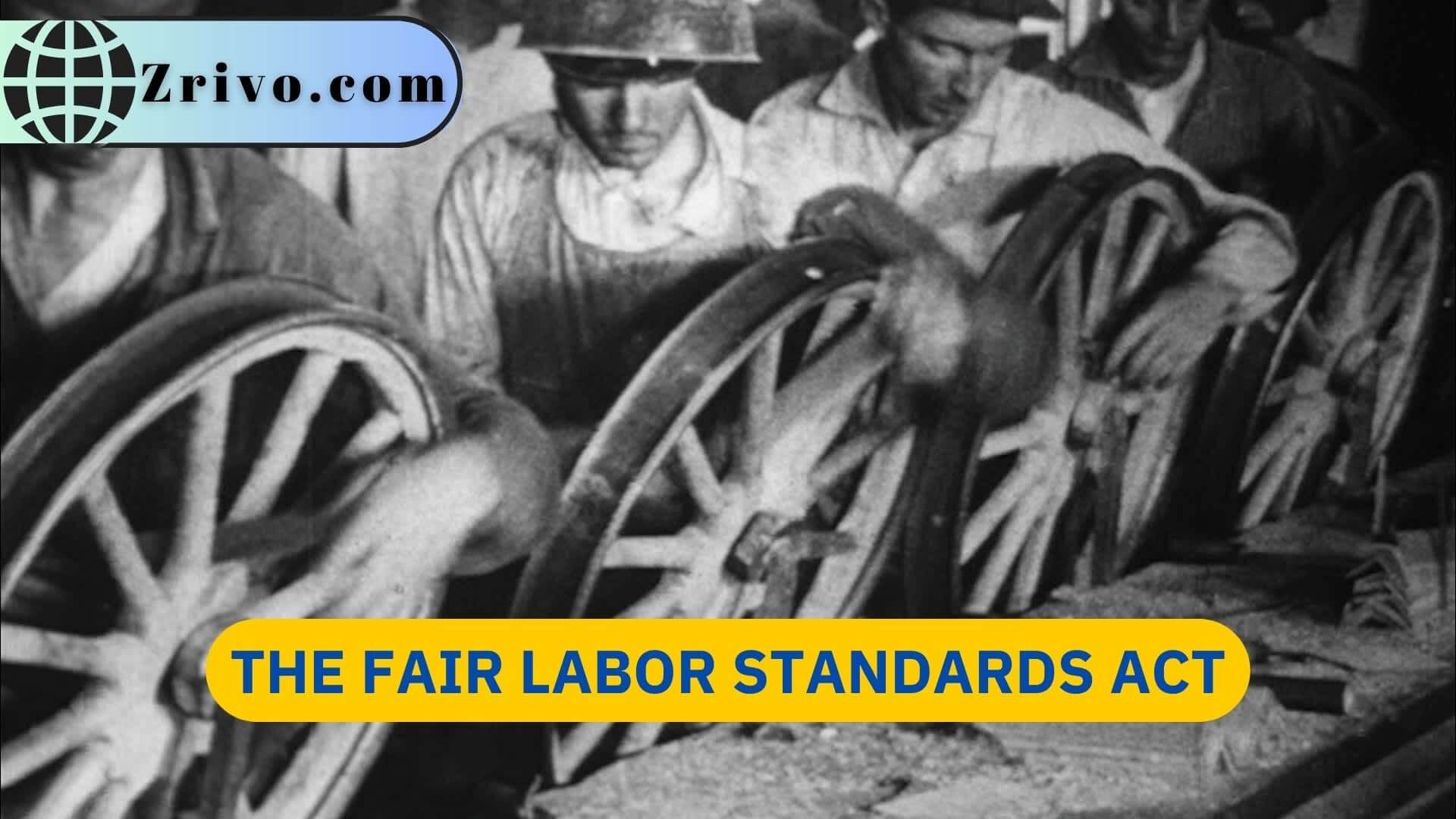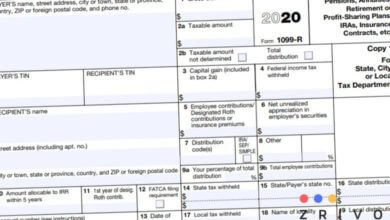The Fair Labor Standards Act
The Fair Labor Standards Act (FLSA) is a federal law enacted in 1938. In this article, we will delve into the key provisions of the FLSA, examine its impact on workers and employers, and explore some of the ongoing debates surrounding this important law.

The Fair Labor Standards Act (FLSA) is a landmark federal law that has played a crucial role in ensuring fair and equitable treatment of workers in the United States. Enacted in 1938, the FLSA established minimum wage, overtime pay, recordkeeping, and child labor standards that apply to most employees in the private sector and in federal, state, and local governments. The primary goal of the FLSA is to protect employees by ensuring they receive fair compensation for their work and regulating the number of hours they work in a week. This law has undergone several revisions over the years to reflect changes in the workforce and the economy. Despite its long history, the FLSA remains vital legislation that helps ensure a level playing field for American workers.
Minimum Wage
One of the most significant provisions of the FLSA is the establishment of a federal minimum wage. As of 2024, the federal minimum wage is $7.25 per hour. This means that employers must pay their employees at least $7.25 per hour of work, regardless of their job or location. However, some states have enacted higher minimum wages than the federal standard, so employees in those states must be paid a higher rate. The FLSA also allows certain exemptions from minimum wage requirements, such as for tipped employees, who may receive a lower hourly wage if their tips bring their total compensation up to the minimum wage.
Overtime Pay
The FLSA requires employers to pay their non-exempt employees overtime pay for all hours worked over 40 hours in a workweek. Overtime pay must be at least one and a half times the employee’s regular pay rate. The law does not limit the number of hours an employee may work in a week, but it does require that employers pay overtime for any hours worked over 40. Certain exemptions from overtime pay requirements exist for certain employees, such as salaried professionals and executives.

Recordkeeping Requirements
Employers must keep accurate records of the hours worked by their employees, as well as their wages and other compensation. The FLSA mandates that employers retain these records for at least three years. These records are essential for determining whether employers are complying with minimum wage and overtime pay requirements. The FLSA also sets standards for the employment of minors. For example, children under the age of 14 are generally prohibited from working, except in certain limited circumstances, such as agricultural work. The law also sets restrictions on the hours and types of work minors may perform based on age. Employers who violate these child labor standards may face significant penalties.
The Fair Labor Standards Act is a crucial law that protects workers’ rights by establishing minimum wage and overtime pay requirements, regulating recordkeeping practices, and setting standards for child labor. Employers who violate these provisions may face penalties, including fines and legal action. It is important for both employers and employees to understand their rights and responsibilities under this law to ensure a fair and lawful treatment in the workplace.





